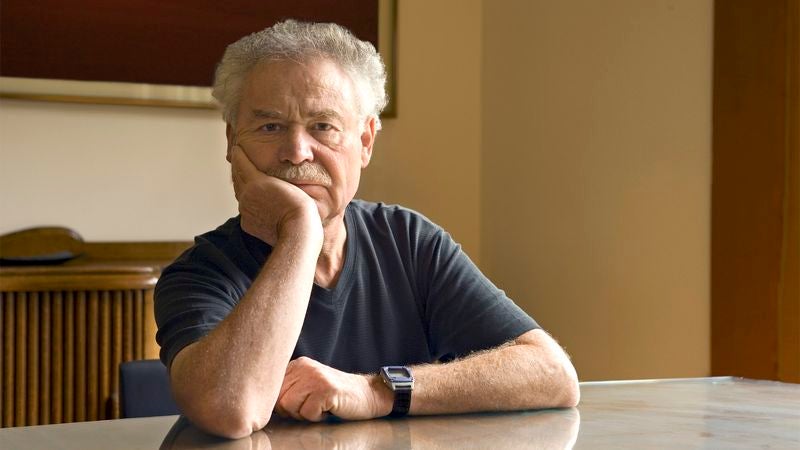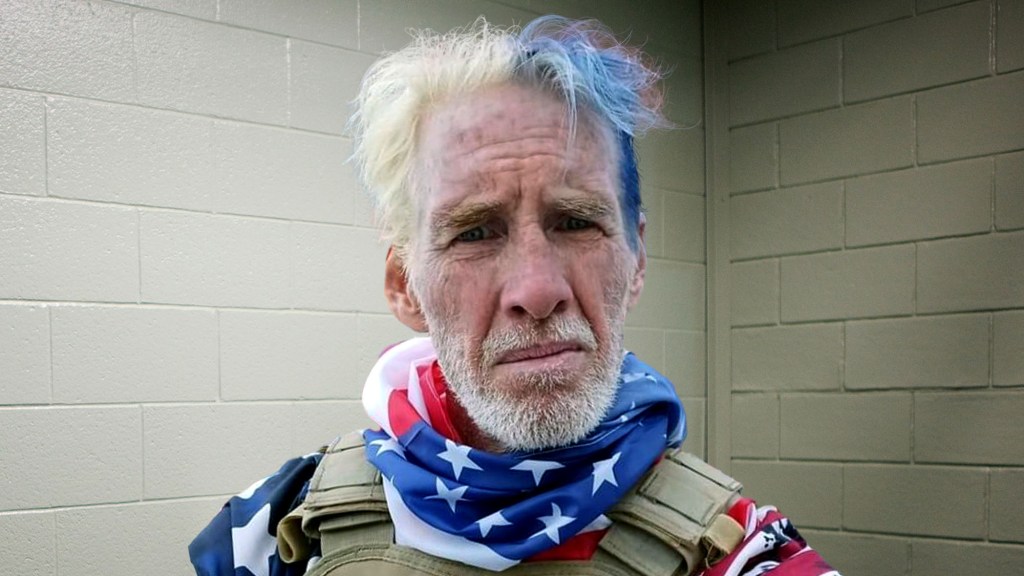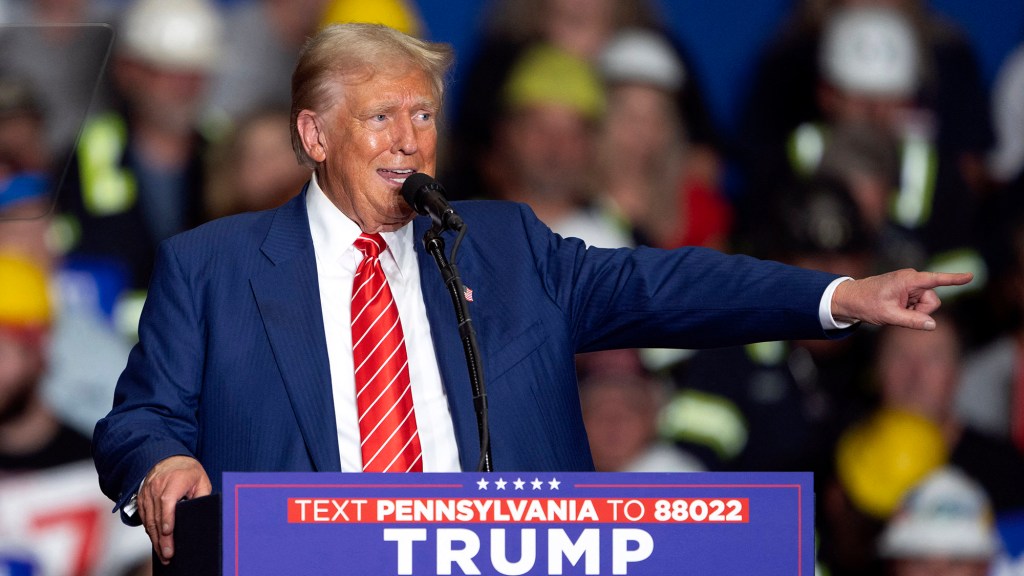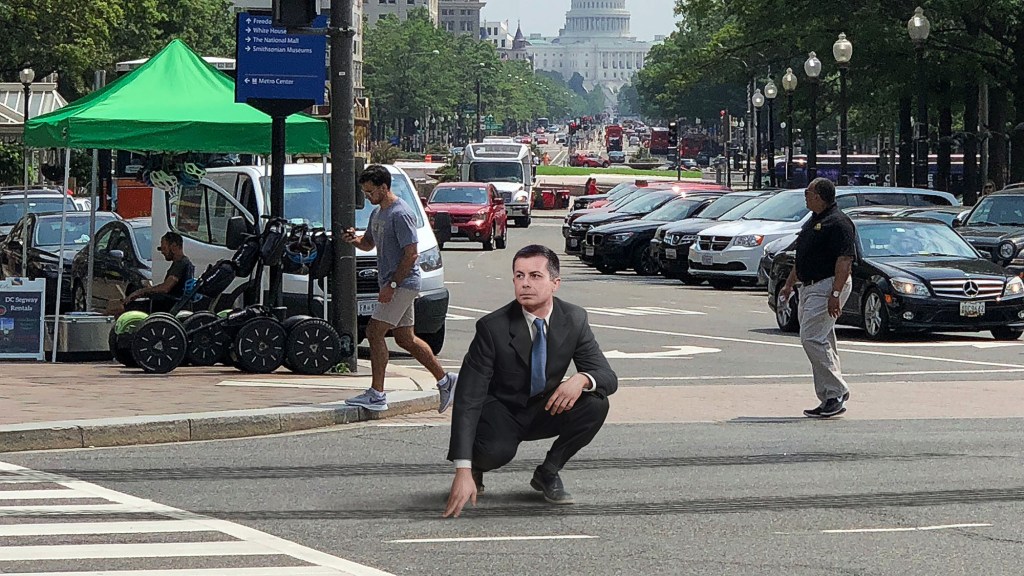NEW YORK—More than two years after the commencement of the Occupy Wall Street protests, former Wall Street executive and financially devastated man Arthur Stratton, 65, told reporters Monday from his modest one-bedroom apartment in Washington Heights that he continues to attempt to piece his life back together in the wake of the monumental social movement that left him ruined.
The onetime Goldman Sachs investment banker, who before the widespread demonstrations against economic inequality enjoyed a massively lucrative career defined by greed, reckless spending, and questionable business practices, is now, in the wake of the Occupy movement, down to little more than $6,000 in personal savings, forced to work menial labor in order to stay afloat.
“Nothing’s been the same for me since those protests—they were my downfall,” said Stratton, who like each of his similarly overpaid peers lost his job within days of the first group of activists amassing on New York’s Zuccotti Park. “As soon as I saw those thousands of people calling for an end to Wall Street excess, I knew that it was only a matter of time before every single man and woman in our office was out on the streets. And that’s exactly what happened. All that’s left for me now is to try and pick up the pieces.”
“In the end, we all had to face the music, you know?” Stratton continued as he got dressed for his job as a night shift security guard at a local office complex. “Occupy was just too powerful a force to ignore.”
Prior to the nationwide demonstrations against Wall Street’s ingrained culture of corporate malfeasance, Stratton enjoyed an opulent lifestyle marked by a bloated annual salary of $12.2 million, but that was before Goldman Sachs, like all the major American investment firms, laid off the majority of its workforce and overhauled its investment practices to conform to the ethical principles demanded by the OWS protesters.
Stratton told reporters he can still recall the shock and dismay he felt two years ago when, due to the immense and immediate effects of the Occupy movement, which included extensive regulatory oversight of the financial industry, strict compensation limits, and an end to Wall Street’s overbearing influence on government policy, the former senior vice president and his fellow bankers were forced out of their seats of power, never to return.
Today, Stratton, who works for New York state’s minimum wage of $7.25 per hour, says that his personal financial collapse was, in retrospect, painful but not unexpected.
“We were all living pretty high on the hog, and anyone who saw those tents go up in Zuccotti Park back in 2011 could have told you right then and there that it was all over,” Stratton said, noting that he was forced to sell his lavish Park Avenue penthouse, his private jet, and his art collection in the wake of his sudden, calamitous fall from the top tax bracket. “No more corporate retreats in Cabo, no more expense accounts, no more dinners at the best restaurants in town; all of that was gone forever as soon as you heard those drums start up.”
“I got my comeuppance, I suppose,” he added. “We all did.”
While Stratton explained that his fall from grace has left him scrambling to get back on his feet, he conceded that the Occupy protests had, admittedly, achieved a positive effect on the world. Specifically, the down-and-out investment banker said that the evenhanded distribution of wealth, diminished influence of corporations, and utter lack of Wall Street corruption enjoyed by the U.S. over the past two years simply could not have occurred without the influential movement.
“Don’t get me wrong, I miss the good life, but the social impact achieved by those demonstrations cannot be denied at this point,” Stratton said, referring to the widespread socioeconomic parity that has existed nationwide since 2011. “Up until that protest, poverty, economic inequality, and outrageous Wall Street misconduct were an inescapable part of life. But that all ended the second those protesters decided enough was enough. Occupy arrived with a message, and people all across the country, including our federal government, heard that message loud and clear.”
“And the days of outrageous greed and excess on Wall Street?” Stratton continued, as he packed a sack lunch. “Well, that all seems like a dream now. Some strange, crazy dream.”







